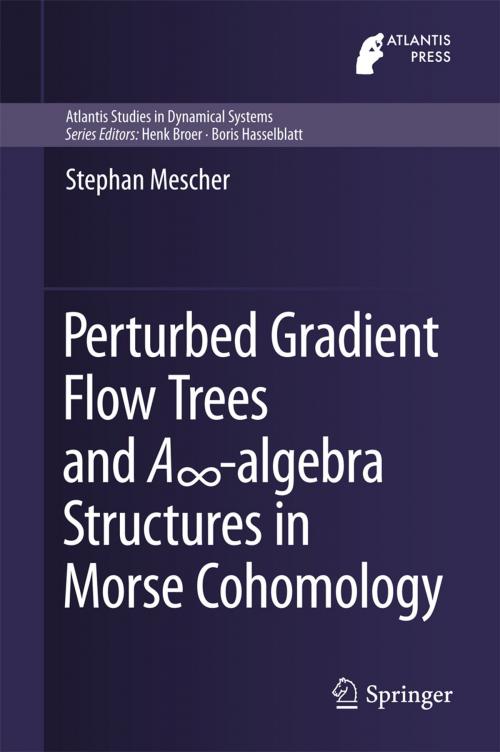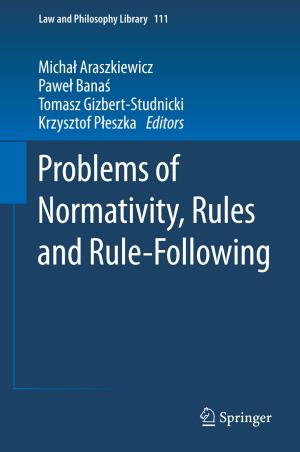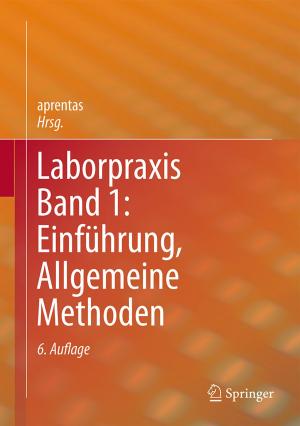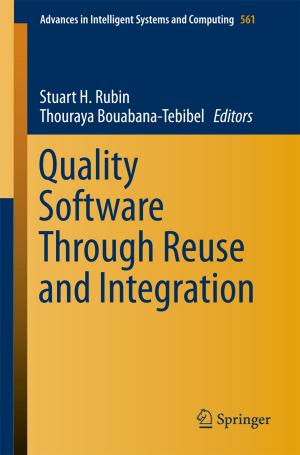Perturbed Gradient Flow Trees and A∞-algebra Structures in Morse Cohomology
Nonfiction, Science & Nature, Mathematics, Topology, Mathematical Analysis| Author: | Stephan Mescher | ISBN: | 9783319765846 |
| Publisher: | Springer International Publishing | Publication: | April 25, 2018 |
| Imprint: | Springer | Language: | English |
| Author: | Stephan Mescher |
| ISBN: | 9783319765846 |
| Publisher: | Springer International Publishing |
| Publication: | April 25, 2018 |
| Imprint: | Springer |
| Language: | English |
This book elaborates on an idea put forward by M. Abouzaid on equipping the Morse cochain complex of a smooth Morse function on a closed oriented manifold with the structure of an A∞-algebra by means of perturbed gradient flow trajectories. This approach is a variation on K. Fukaya’s definition of Morse-A∞-categories for closed oriented manifolds involving families of Morse functions. To make A∞-structures in Morse theory accessible to a broader audience, this book provides a coherent and detailed treatment of Abouzaid’s approach, including a discussion of all relevant analytic notions and results, requiring only a basic grasp of Morse theory. In particular, no advanced algebra skills are required, and the perturbation theory for Morse trajectories is completely self-contained.
In addition to its relevance for finite-dimensional Morse homology, this book may be used as a preparation for the study of Fukaya categories in symplectic geometry. It will be of interest to researchers in mathematics (geometry and topology), and to graduate students in mathematics with a basic command of the Morse theory.
This book elaborates on an idea put forward by M. Abouzaid on equipping the Morse cochain complex of a smooth Morse function on a closed oriented manifold with the structure of an A∞-algebra by means of perturbed gradient flow trajectories. This approach is a variation on K. Fukaya’s definition of Morse-A∞-categories for closed oriented manifolds involving families of Morse functions. To make A∞-structures in Morse theory accessible to a broader audience, this book provides a coherent and detailed treatment of Abouzaid’s approach, including a discussion of all relevant analytic notions and results, requiring only a basic grasp of Morse theory. In particular, no advanced algebra skills are required, and the perturbation theory for Morse trajectories is completely self-contained.
In addition to its relevance for finite-dimensional Morse homology, this book may be used as a preparation for the study of Fukaya categories in symplectic geometry. It will be of interest to researchers in mathematics (geometry and topology), and to graduate students in mathematics with a basic command of the Morse theory.















